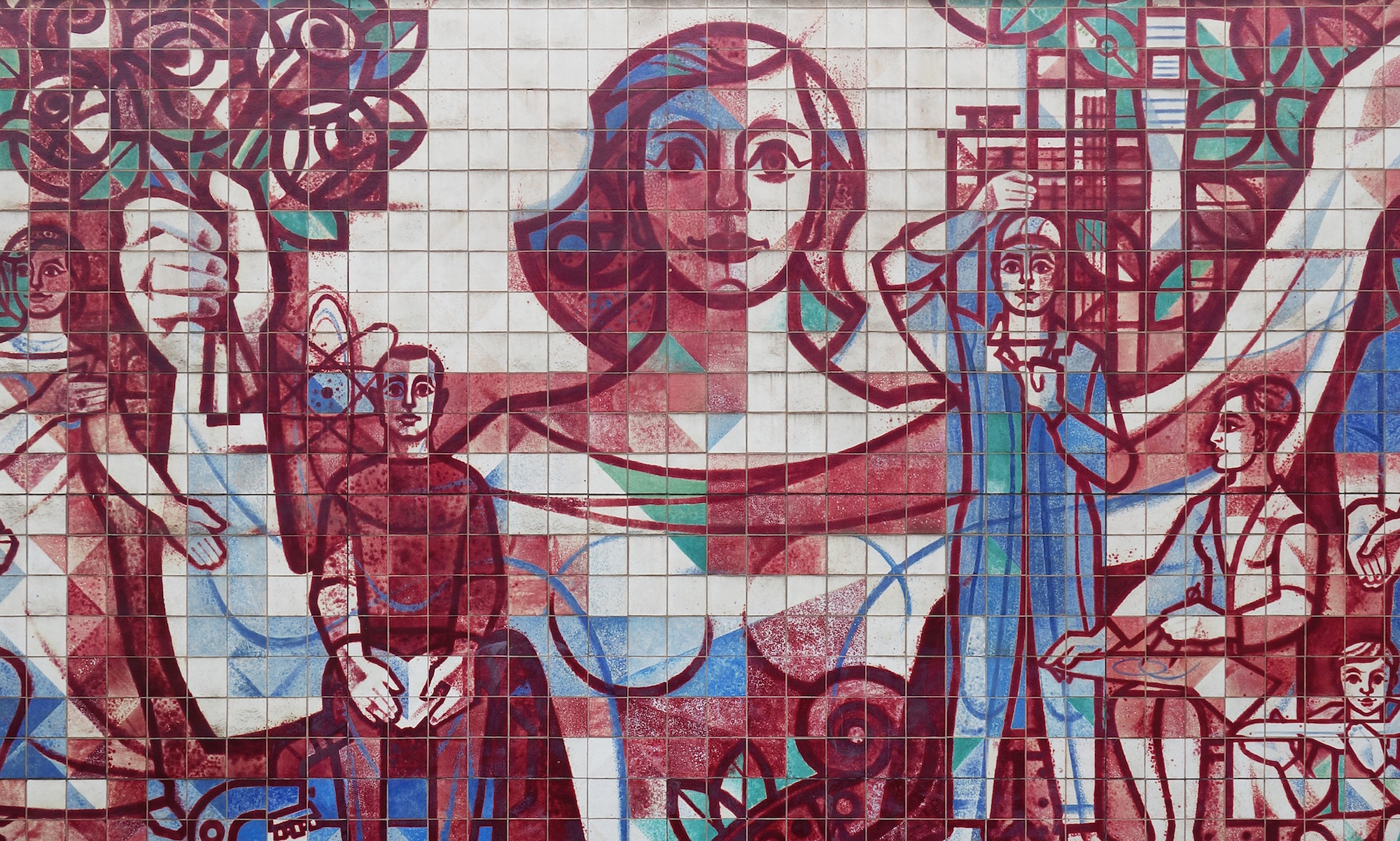
Edited by: Incite! Women of Color Against Violence
South End Press
Bill Gates recently stepped down from Microsoft to pursue philanthropic work through the Bill & Melinda Gates Foundation. But is he really going to help people with his riches? Or is he just using his money to push his own capitalist, pro-business ideology on the world? After reading Incite!’s latest book, you’ll recognize the later is true, not only of Bill, but of the vast majority of “philanthropic” foundations.
The Revolution Will Not be Funded is a collection of seventeen persuasive essays by activists, academics, and practitioners working in the non-profit sector. Its authors set out to explain the rise of the non-profit industrial complex (“NPIC” as they call it), its effects on social change efforts, and how to rethink non-profit institutions with at times weak, but altogether convincing, arguments and personal experiences.
If this book has a mantra, it would be: Non-profit organizations do not actually help people. Instead, they serve elitist interests by keeping rich people from paying taxes and poor people, minorities, and women from demanding equality. Every author essentially repeats this mantra, occasionally making you wish they’d move on.
The authors’ anti-capitalist view of non-profits is refreshing at times, but also muddles pages with leftist rhetoric and jargon turning some essays into academic diatribes rather than convincing, popularly written arguments.
Just read the introduction’s definition of the NPIC: “A set of symbiotic relationships that link political and financial technologies of state and owning class control with surveillance over public political ideology, including and especially emergent progressive and leftist social movements.”
But the book isn’t all highbrow jargon–especially when authors reflect on personal experiences working within the non-profit sector. In truth, the majority of the book is clear, accessible, and persuasive.
Amara H. Perez’s essay “Between Radical Theory and Community Praxis: Reflections on Organizing and the NPIC,” for example, is absolutely moving. In it, she writes about her work with Sisters in Portland Impacting Real Issues Together (SPIRIT) and its struggle to remain radical while applying for foundation support. “Often applying for grants from foundations resulted in our taking on additional work as required by guidelines that were not always reflective of our internal priorities,” writes Perez. She goes on to explain how SPIRIT freed itself from foundations’ demands and moved towards a sustainable organization that successfully works for social change.
Paul Kivel’s brilliant essay “Social Service or Social Change?” also stands out. In it, he questions if, “our efforts to provide human services maintain or even strengthen social inequality,” while reflecting on experience working with victims of abuse and domestic violence.
“I look around and see many shelters and services for survivors of domestic violence, but no large-scale movement to end male violence,” writes Kivel.
Kivel argues social change efforts are hindered by a “buffer zone,” created by the rich to “prevent people at the bottom of the [economic ladder] from organizing to maintain the power, the control, and, most important, the wealth they have accumulated.” The buffer zone, or the NPIC, has three functions—to avoid chaos, keep hope alive among the poor, and co-opt those who want to make change.
Kivel’s imaginative buffer zone analysis is the book’s clearest and most convincing argument, and is required reading for anyone working or looking to work, in the non-profit sector. He’s got me convinced.
In the end, I didn’t get the sense non-profits are necessarily the problem–most of the contributors work for non-profits after all—but that foundations are the real culprits. Because non-profits heavily rely on foundations for funding, they can force non-profits to forego community-driven movements aimed towards radical social change in exchange for direct, non-confrontational services because they only support corporate-like institutions that serve capitalist, white-male, upper-class interests.
Although you’ll wade through a little repetition and low points, I recommend The Revolution Will Not Be Funded to anyone working in the non-profit sector who wants to learn who their funding comes from, what expectations are attached, and what you can do to free your organization from the state’s and foundation’s tyranny over direct service and organizing work.
As for Bill Gates: Christine E. Ahn says, “With his left hand, Bill Gates spends billions of dollars through the Gates Foundation to vaccinate the millions of Africans dying of AIDS. Meanwhile, with his right hand, ‘his Foundation has invested $200 million in the very drug companies stopping the shipment of low-cost AIDS drugs to Africa.’” It’s possible Gates is letting more people die—because of the intellectual property rights his investments hold that stop cheap drugs from entering Africa—than he’s saving.
Judgment: Recommended
